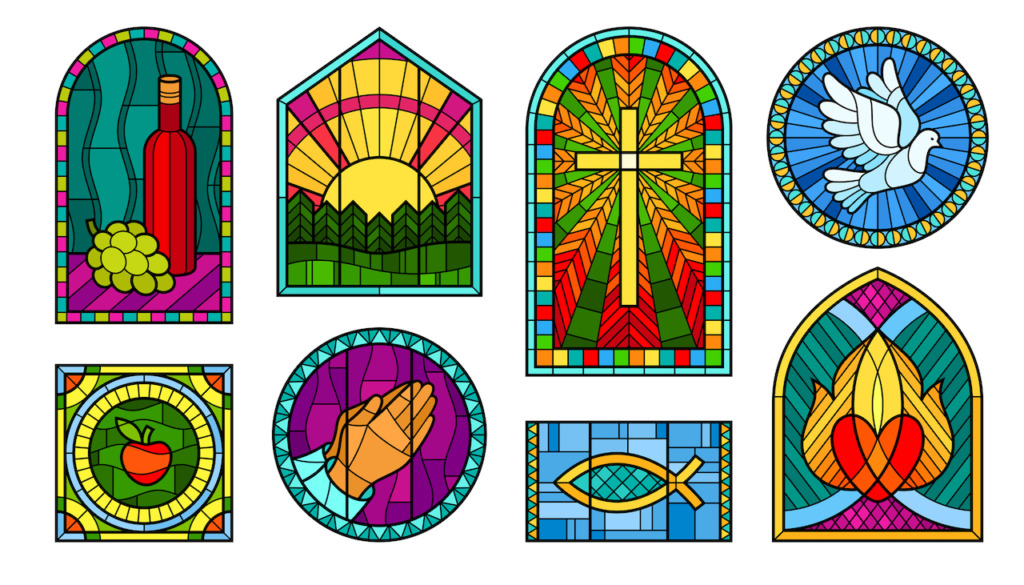Question: I receive solicitations from many religious organizations with pictures of saints, etc. I cannot afford to give donations to all, so I trash them. I hope it’s not a sin to throw away those pictures of saints? My priority is my contribution to our parish and other areas that the Church gives donations. (Location withheld)
Answer: One of the five “precepts of the Church” – i.e., big-picture rules Catholics are obliged to follow – is to provide for the material needs of the Church. This is reflected in Canon 222 of the Code of Canon Law, which states: “Christ’s faithful have the obligation to provide for the needs of the Church, so that the Church has available to it those things which are necessary for divine worship, for apostolic and charitable work and for the worthy support of its ministers.”
You are fulfilling this obligation by contributing financially to the support of your parish.
However, the Catechism of the Catholic Church clarifies that members of the faithful are to give “each according to his own ability” (CCC 2043).
Similarly, Canon 222 §2 tells us that besides supporting the administrative needs of the institutional Church, the faithful – being “mindful of the Lord’s precept” – are to also “help the poor from their own re- sources.” But here too, the Church’s law would only expect us to give insofar as we are truly able.
In some cases, we might justly decline to give to a charity solicit- ing a donation because we are on a strict budget, a fixed income, or even because we need to save that money for emergencies or retirement.
Finally, our charitable giving is a matter of prudence and discretion on our part. Not all charities are created equal. Even if you were a billionaire and could give to everyone who asks for donations, it would still be perfectly reasonable to be selective in which charities you choose to support.
In any case, even if you don’t give to a charity, it’s fine to keep whatever free gift they send you.
If you don’t want to keep all the saint images (and holy cards, rosaries, medals, etc.) that come in the mail, generally we say that devotional items should be disposed of in a reverent way, such as burning or burying.
Perhaps the best thing to do with the unwanted pious knick- knacks that come in the mail would be to pass them along to someone who can use them. Many parishes have something like a “free table” where people can leave, share, and swap these kinds of religious articles.
Question: Why do Catholics pray for the souls in purgatory to lessen their sufferings? Is it possible that the souls already in purgatory would even go to hell, so our prayers for them would save them from going to hell? (Piscataway, New Jersey)
Answer: We don’t pray that souls in purgatory won’t wind up in hell, because hell is no longer a possibility for them. We do pray because we hope that, through our prayers and sacrifices, the sufferings of their purgation might be eased and their journey to heaven might be hastened.
Whether we go to heaven or hell is decided at the point of our death. But we know that God is merciful and wants us to be in eternity with him. God is therefore very forgiving and will save even the most sinful soul – even if that person only repents at the last minute!
However, not everyone ultimately destined for heaven will be ready to meet the all-holy God face-to-face immediately upon death. Catholics believe in a state called purgatory, which is a place of purification specifically in preparation for heaven.
As the Catechism of the Catholic Church tells us: “… Every sin, even venial, entails an unhealthy attachment to creatures, which must be purified either here on earth, or after death in the state called Purgatory. This purification frees one from what is called the temporal punishment of sin. These two punishments must not be conceived of as a kind of vengeance inflicted by God from without, but as following from the very nature of sin.” (CCC 1472)
In other words, all sin leaves some damaging effect on our souls which can often last even after we have repented or sought absolution in the sacrament of penance. Purgatory is a time of repairing this damage.
We understand purgatory to be a finite period of suffering, often described or depicted artistically as a purifying fire. Still, the suffering of purgatory is of a radically different nature than the torments of hell, since the souls in purgatory have the joy of knowing that they are on their way toward God.
Incidentally, we can pray for the dead even if we may personally have doubts about an individual’s salvation. While a soul in hell can no longer benefit from prayers, we never know what happens between a soul and God in the final moments of life. Prayers for the dead are never wasted.
Jenna Marie Cooper, who holds a licentiate in canon law, is a consecrated virgin and a canonist whose column appears weekly at OSV News. Send your questions to [email protected].

